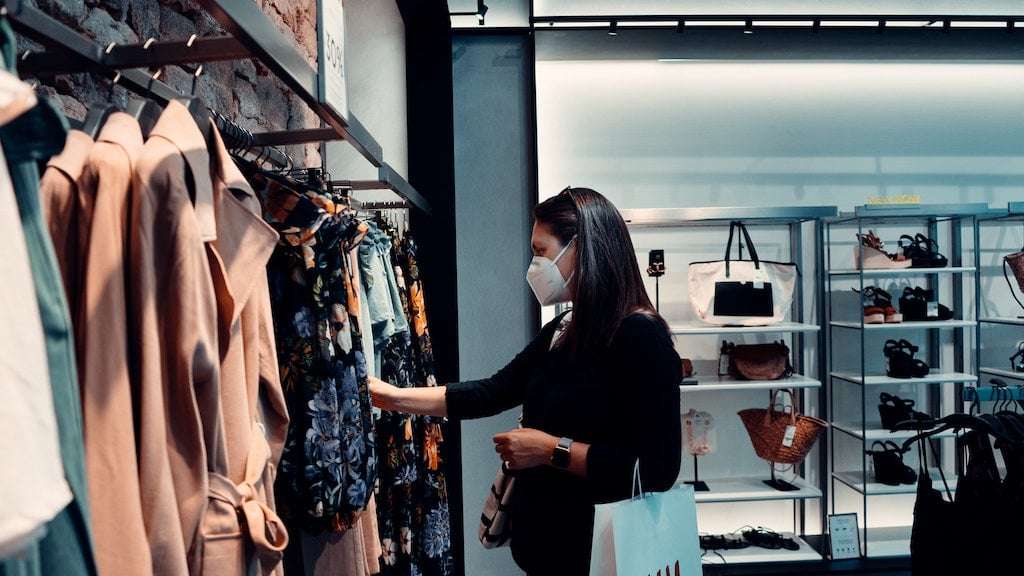More than 90 percent of consumers suspect greenwashing, and nearly 70 percent say they prefer to buy products with measurable sustainability metrics, a new study finds.
A recent global sustainability survey conducted by PicoNext reveals a significant disparity between consumer perceptions of brand sustainability claims and their actual purchasing behaviors. The survey, titled “Digital Product Passports: Unlocking Sustainability Transparency,” involved 1,001 online consumers from the United States and Europe. It explored attitudes toward sustainability transparency and its influence on consumer trust and purchase decisions.
The study’s findings indicate a widespread skepticism among consumers regarding brands’ environmental claims, with 91 percent of participants believing that at least some companies engage in “greenwashing.” Despite this skepticism, a substantial 71 percent of consumers consider sustainability an important factor in their purchasing decisions. The survey suggests that providing more sustainability information can help bridge this trust gap, as 67 percent of respondents are more inclined to buy a product with detailed sustainability data.

Dave Dickson, Founder of PicoNext, emphasized the importance of transparency, stating, “Our global survey data reveal that increased transparency is key to bridging the gap between what brands are saying about sustainability, and what they are actually doing.” He highlighted the role of Digital Product Passports in showcasing genuine sustainability efforts, especially to connect with Gen Z and Millennial consumers.
The survey also shed light on the challenges consumers face when engaging with company-produced sustainability reports. These obstacles include complexity, length, and accessibility. However, a notable 55 percent of consumers expressed a preference for accessing sustainability information via QR codes associated with products.
Digital Product Passports, a concept pioneered by the European Union, emerged as a promising solution for enhancing consumer trust and purchase intent. The survey revealed that 73 percent of consumers trust brands more with access to detailed sustainability information, and 67 percent are more likely to purchase such products.

When it comes to the specific sustainability attributes consumers are interested in, recyclability tops the list, with 56.1 percent seeking more information on this aspect. Other areas of interest include the type of materials used, anti-child labor policies, and waste reduction efforts.
Consumers are increasingly demanding transparency from brands, primarily to verify the authenticity of products, sustainability claims, and recycling options. The survey also identifies additional engagement opportunities for brands, including loyalty rewards, product updates, and related offers.
PicoNext’s report not only highlights these trends but also provides strategies for brands to leverage Digital Product Passports to enhance customer engagement through sustainability transparency. The survey offers insights into consumer preferences for tracing a product’s lifecycle and the impact of third-party certifications on sustainability programs.
Related on Ethos:


